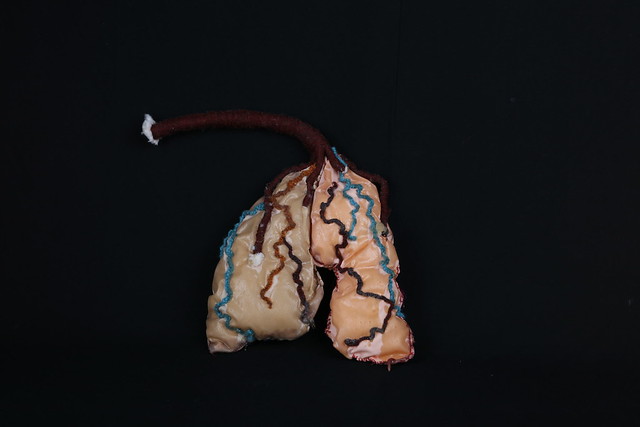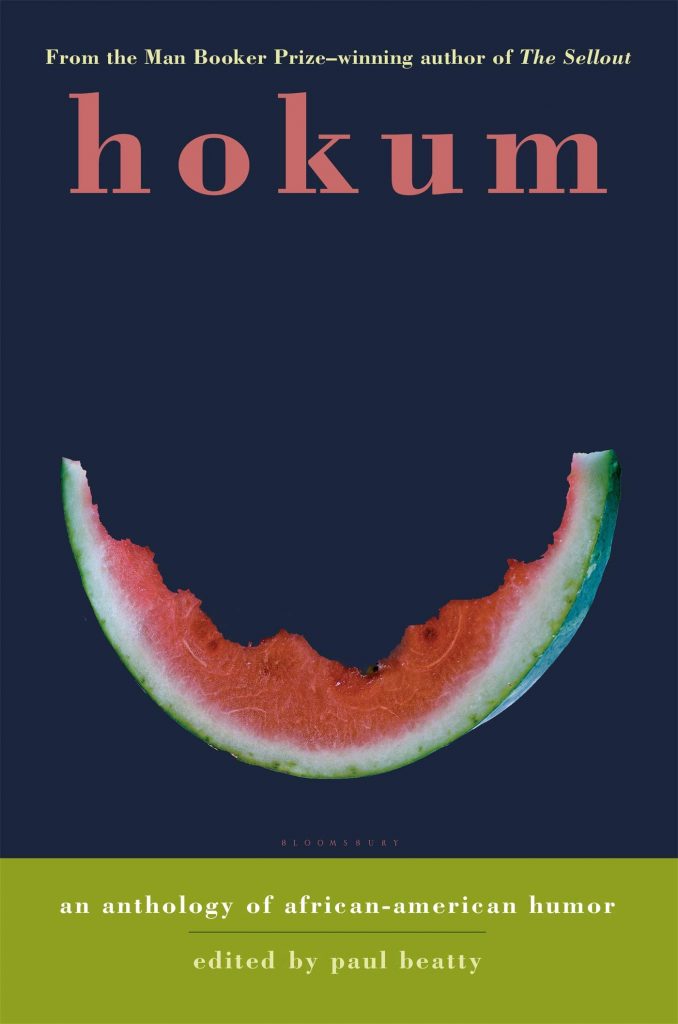
stridor · /ˈstrʌɪdər/ · /striy-dər/. noun. A harsh, grating sound. A whistling sound or vibrating when breathing. From Latin strīdēre (to creak).
[Read more…]Persons, places, things...you know the drill.

stridor · /ˈstrʌɪdər/ · /striy-dər/. noun. A harsh, grating sound. A whistling sound or vibrating when breathing. From Latin strīdēre (to creak).
[Read more…]foofaraw · /ˈfu:fəˌrɔ:/ · /FOO-fə-rah/. noun. Originally fussy, vain or tawdry. Now: frivolous trappings, trinkets, or a great fuss or excessive amount of attention. From two languages: French fanfaron (boastful), Spanish fanfarrón (vain, ostentations, braggart). See also: brouhaha, commotion, fracas, hubbub, furore.
[Read more…]
mizzle · /ˈmɪz(ə)l/ · /miz-əl/. noun or verb. A fine rain or drizzle. To disappear suddenly, to vanish. To whine or whimper. The weather-related forms are from Middle English misellen (to drizzle), possibly from, but at least related to, Middle Dutch misel (fog, dew) and Dutch dialect miezelen (to rain gently). Origin of the others is unclear.
[Read more…]
palaver · /pəˈlɑ:və(r)/ · /pə-LAH-və(r)/. noun or verb. Tedious, pointless work. a meeting or conference. Voluminous, idle talk. Flattery. In West Africa, a dispute. From Portuguese palavra (speech, talk), from (via metathesis) Late Latin parabola (speech), from Latin parabola(comparison).
[Read more…]
meretricious · /ˌmɛrɪˈtrɪʃəs/ · /MAIR-ih-TRISH-əs/. adjective and noun. Of, related to, or befitting a prostitute. Gaudy, flashy, superficially attractive. Insincere. Etymonline notes the lovely, early definition, “pertaining to harlots.” ¶ From merētrix (prostitute), from merēre (to earn money). From the PIE root (s)mer- (to get a share of something), from which we also derive words such as demerit, polymer, and turmeric. ¶ I just like it because it’s one of those words that seems it should mean its opposite. Is there a word for that?
[Read more…]
satrap · /ˈsatrap/ · /SA-trap/. noun. A ruler, particularly one who rules tyrannically or in ostentatious splendor. From Old Persian kšatra-pāvan (protector of the country), from kšatra (realm, country) + pāvā (protector). Ultimately from PIE root pa- (to feed; to guard, protect). See also: satrapal, satrapic.
[Read more…]
hokum · /HOH-kəm/ · /ˈhəʊkəm/. noun. Nonsense. Rubbish. Originally theater slang for bombastic, melodramatic, sentimental or sensationalized dialogue done for applause. Most likely a combination of hocus-pocus + buncombe (AKA bunkum). See also: claptrap, piffle, poppycock, cobblers, tripe, twaddle, etc.
[Read more…]